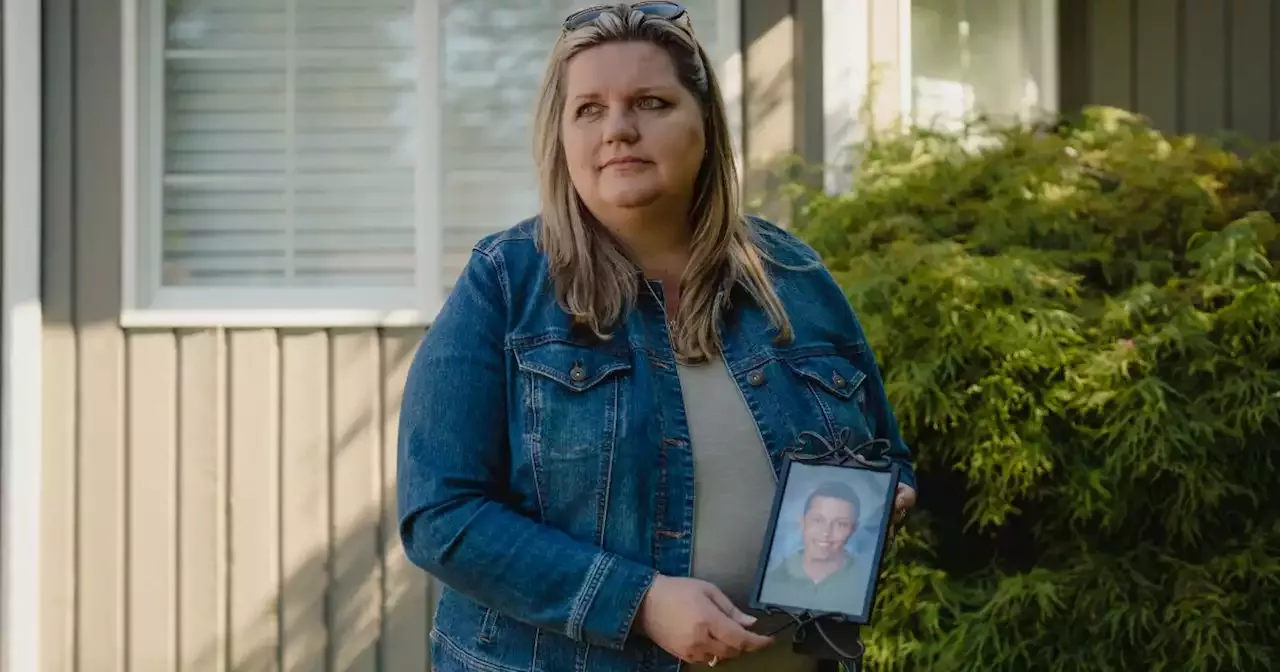Kristi Alcayaga's teenage son, Michael, was able to try a cancer drug called clofarabine that got an accelerated approval from the Food and Drug Administration. But the medicine didn't help him.
In the FDA's approval of Clolar, the agency noted there were no gold-standard clinical studies to show whether the drug prolonged patients' lives or improved their health. The tension Michael's family felt is at the heart of clinicians' and patients' decision-making around accelerated approvals.The confirmatory trials FDA requires are meant to show either that the drugs were rightly fast-tracked and should stay on the market or that the original decisions were wrong and the drugs should be withdrawn.
NPR found that the FDA can also be lenient about deadlines for these confirmatory studies. For example, NPR identified 33 studies with anticipated completion dates that are a year or more behind their FDA due dates, accounting for about a quarter of all studies required of accelerated approval drugs that haven't yet been converted to regular approvals. However, this leaves out another 28% that are nowhere to be found in the clinical trials registry, indicating that they haven't begun.
Patients are already taking it, and some may even think it works. Though without a confirmatory trial, it's not clear. Nevertheless, she added,"the company is very happy selling it."While companies making drugs with accelerated approvals drag their feet to start confirmatory studies, they are also more likely to increase the prices of those drugs, according to GoodRx, a website that helps patients get discounts on drugs.
"It would be very scary if we tested positive," Anderson says."At that time, it was a death sentence. I don't think either one of us wanted to face that." Instead of waiting to find out whether patients taking the drug lived longer, researchers gauged the effect of the medicine on a particular kind of white blood cell that is critical for the body's immune response. HIV depletes these CD4 cells, so a medicine that improved patients' CD4 count was presumed to be beneficial.
She said that most accelerated approvals do eventually go on to be converted to regular approvals or withdrawn, and that only around 10% are still waiting for evidence after five years., however. And the agency's 2023 budget document includes legislative proposals that would give the FDA more power to solve the problem of tardy trials.
Sherman, who was working in the FDA's Center for Drug Evaluation and Research at the time, says that was her responsibility. "It's just crazy that they can have this product out there and have all that information, and it's just not really hashed out there for the public,"said Bonds."Because if you just go on [Makena's] website, there's just big quotes and words about it working and how great it is and the benefits about it."
The Bonds' baby was born on a stretcher on the side of the road between their car and the ambulance. He weighed 3 pounds, 9 ounces. Named Phoenix, the preemie would spend the next 83 days in the neonatal intensive care unit and still has health issues. Makena is one of 13 drugs that got accelerated approvals and whose confirmatory studies were finished more than a year ago yet still haven't been either converted to a regular approval or taken off the market by FDA, an NPR analysis found. Some of these drugs have had completed studies for six, seven or even 22 years. Yet they're still in limbo.For the first two decades that accelerated approval was an option, the FDA granted only a few each year.
